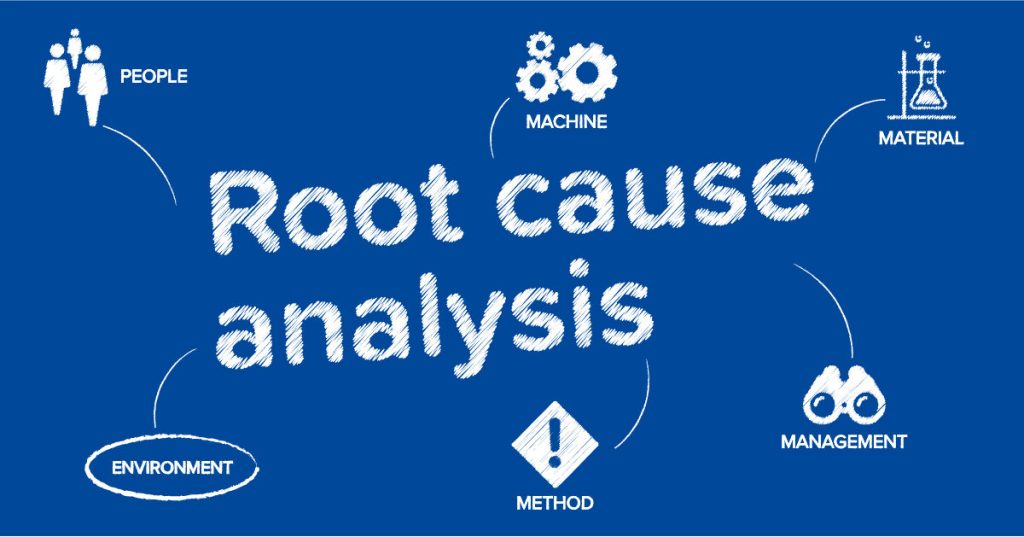
- Root cause analysis (RCA) is essential for addressing complex problems, but it is crucial to decide which causes are actionable and worth addressing.
- Correctly applying the root cause process means that some “solutins” may offer the most promise, while others are either unchangeable or undesirable to act upon.
- The article uses a particularly complex issues (illegal immigration) as an example which requires identifying root causes and weighing the potential consequences of addressing them in the first place
What if a root cause analysis as complex and supercharged like illegal immigration could start with the question: “Is there a problem?” The answer is affirmative for both procedural and other (in this case humanitarian) reasons. Not viewing this type of problem from a political, but rather a procedural standpoint is an example of the this critical quality process potentially creating a disconnect between written rules and real-world practices, degrading trust and performance. The analysis identifies several potential root causes, ranging from the conditions in migrants’ home countries to the challenges of the legal entry process into the U.S.
Using this complex example, many of the root causes identified are either beyond control or undesirable to change. For example, the U.S.’s large population, long borders, and status as a desirable place to live are facts we cannot alter. While tightening regulations on employers who hire illegal immigrants, as seen in countries like Norway and New Zealand, is theoretically possible, it raises questions about how far enforcement should go. Similarly, stricter border controls could increase false positives, frustrating legitimate travelers.
The analysis suggests that simplifying the legal immigration process may be the most promising approach. Making it easier to follow immigration laws could reduce the incentive for people to bypass them. However, achieving this solution would require political consensus, which is often difficult to attain. Addressing illegal immigration will likely require a combination of measures, with reforming immigration law at the center of any meaningful change.
Going beyond this non-business application, it shows that RCA can be an effective problem-solving tool even in non-traditional applications, but the concept of whether a problem can truly be solved no matter what the situation needs to be evaluated thoroughly before unleashing resources that may not be justifiable.


Leave a Reply
You must be logged in to post a comment.